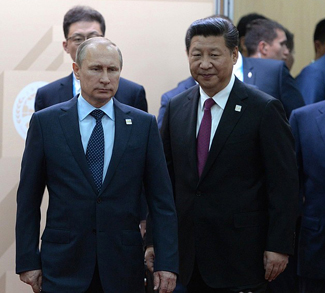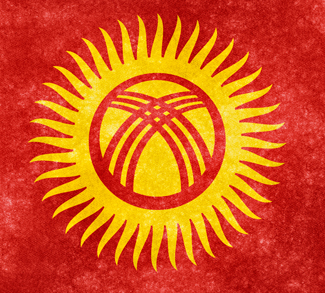Summary
Following the June 9 Shanghai Cooperation Organization (SCO) summit in Astana, Kazakhstan, India and Pakistan have become new members of the organization. Their accession marked the first expansion in the 16-year history of the regional security and economic cooperation organization. Incorporating India and Pakistan is a major move that changes global geopolitical and economic patterns, turning the SCO into a regional grouping of global significance. It now accounts for about 80 percent of Eurasia’s territory, 44 percent of the world’s population, and 24 percent of the global GDP.
It’s quite logical to think that the expansion will benefit all the members and the standing of the organization overall. However, there are significant constrains here. India and Pakistan have serious disagreements over territory and in the security realm, while India and China share similar concerns, as evidenced by the ongoing Doklam Plateau standoff. Russia will closely watch so as not to allow China further extend its influence in Central Asia and will work close with India in that regard.
Impact
Potential for cooperation, but that’s all for now. After years of negotiations, India and Pakistan have finally been admitted as full members of the Shanghai Cooperation Organization. The expansion broadens the geopolitical scope of the organization. A look at the Eurasian map reveals that now more than 2/3 of the landmass is in SCO and all major ports and economic routes belong to SCO member states.




